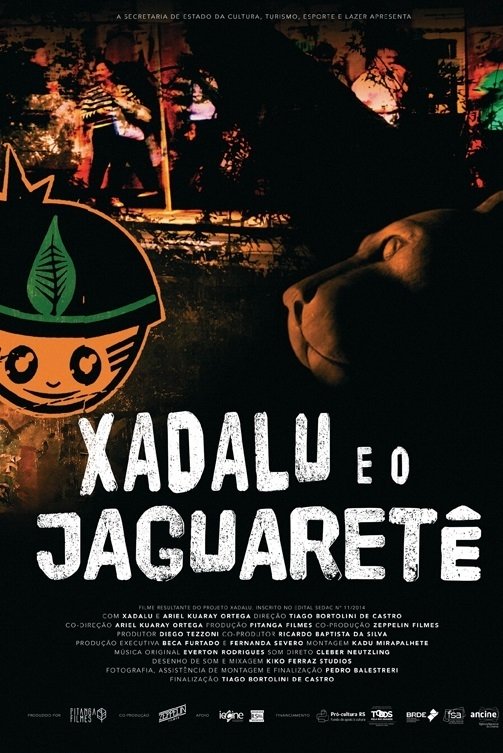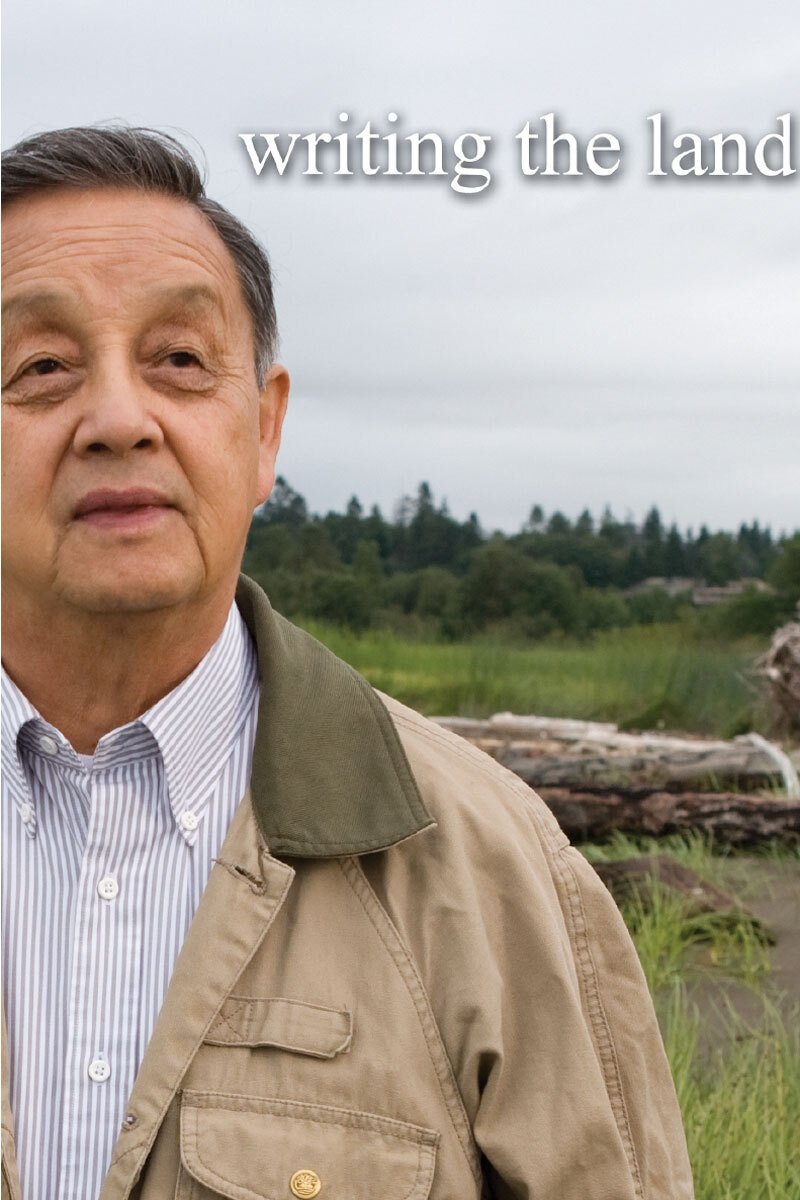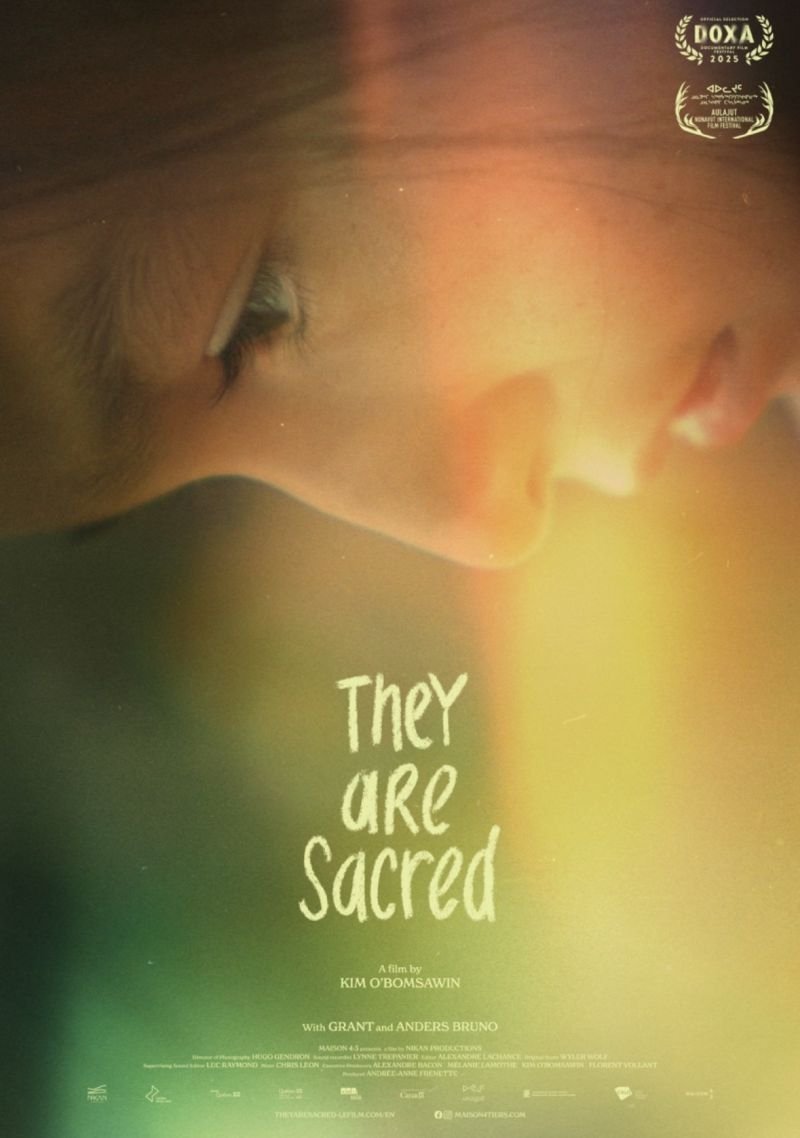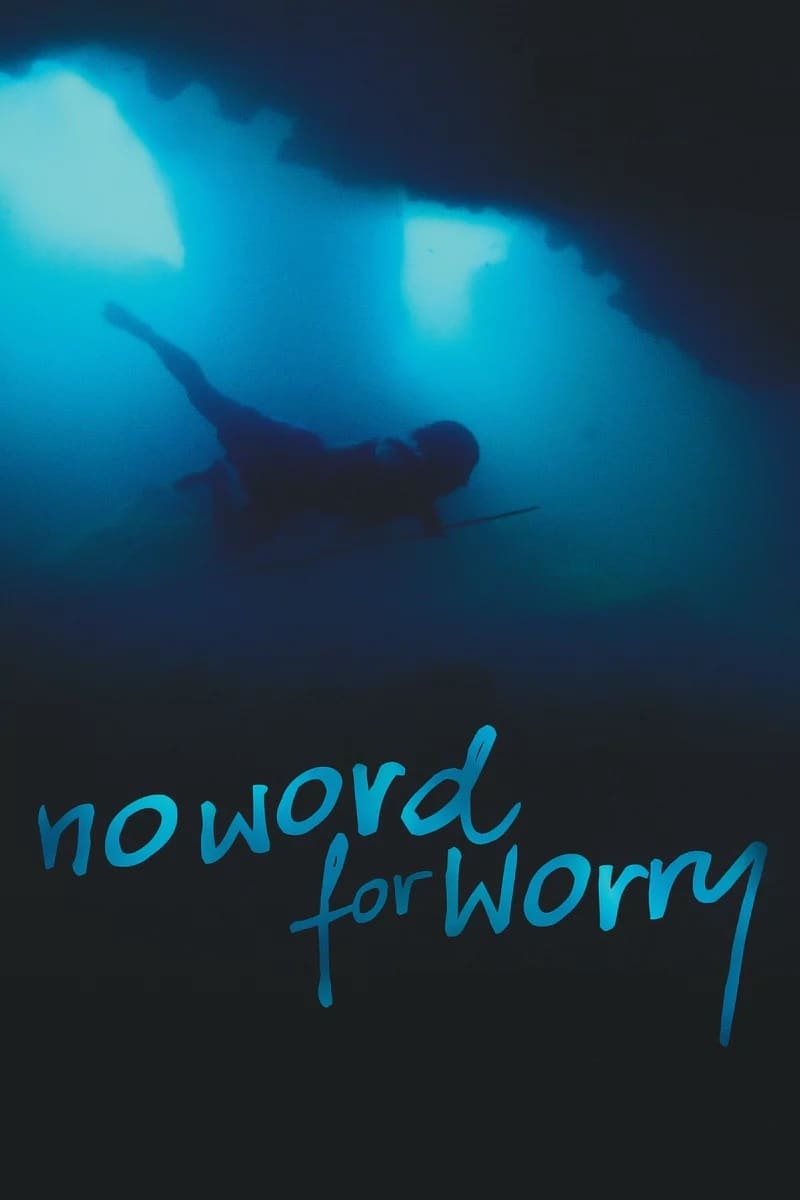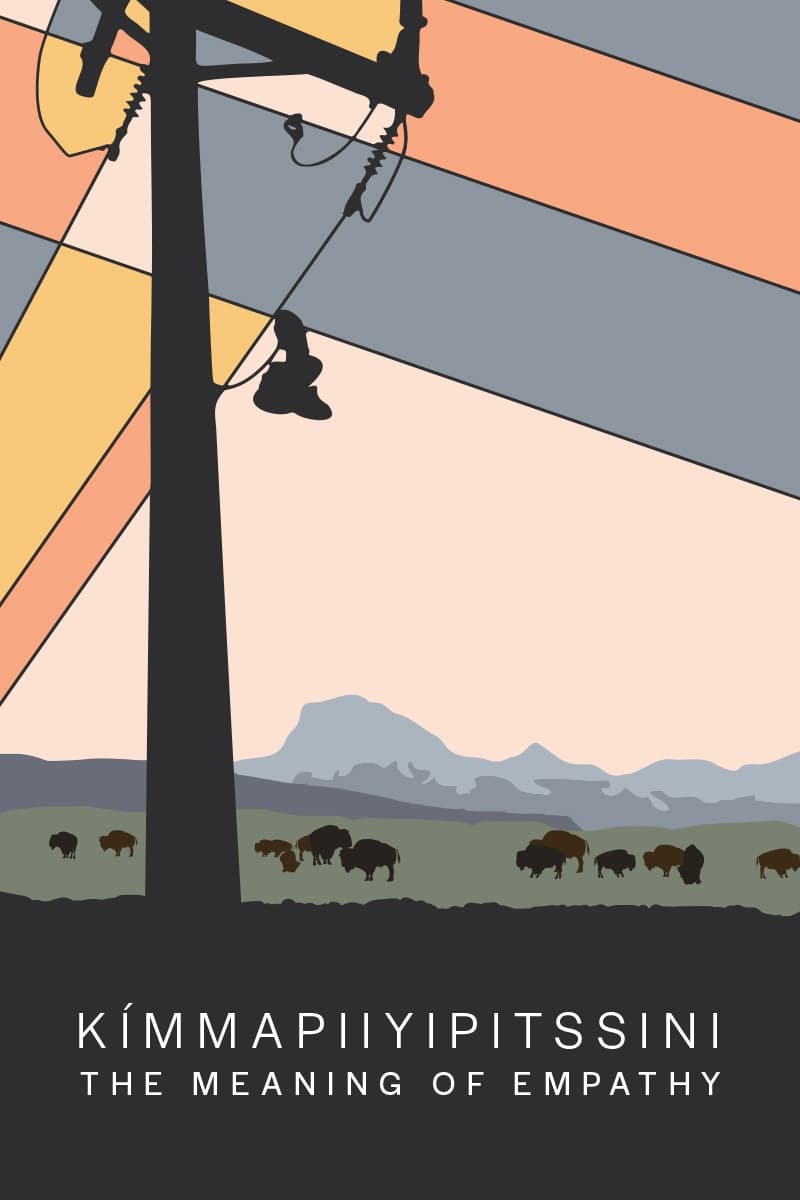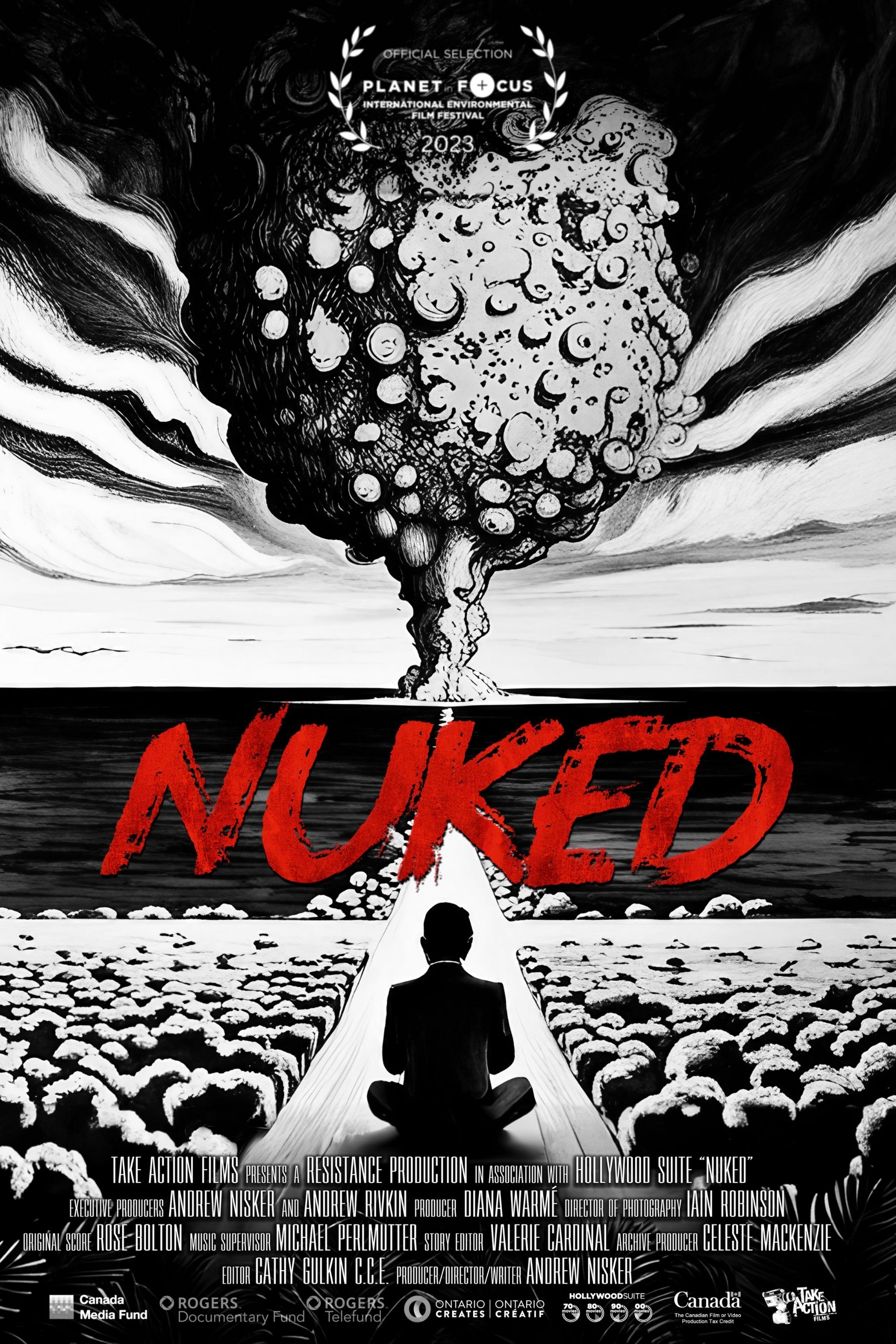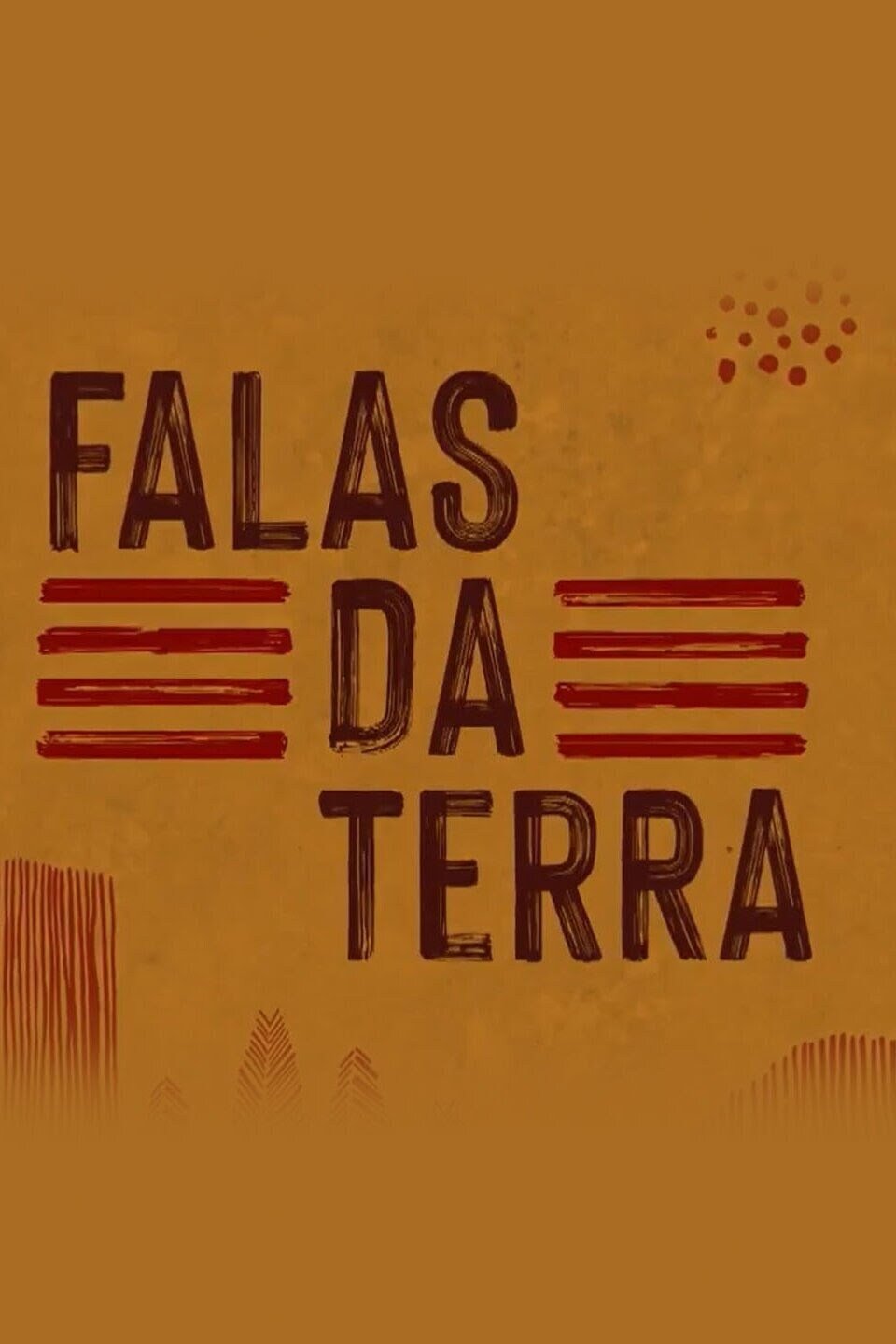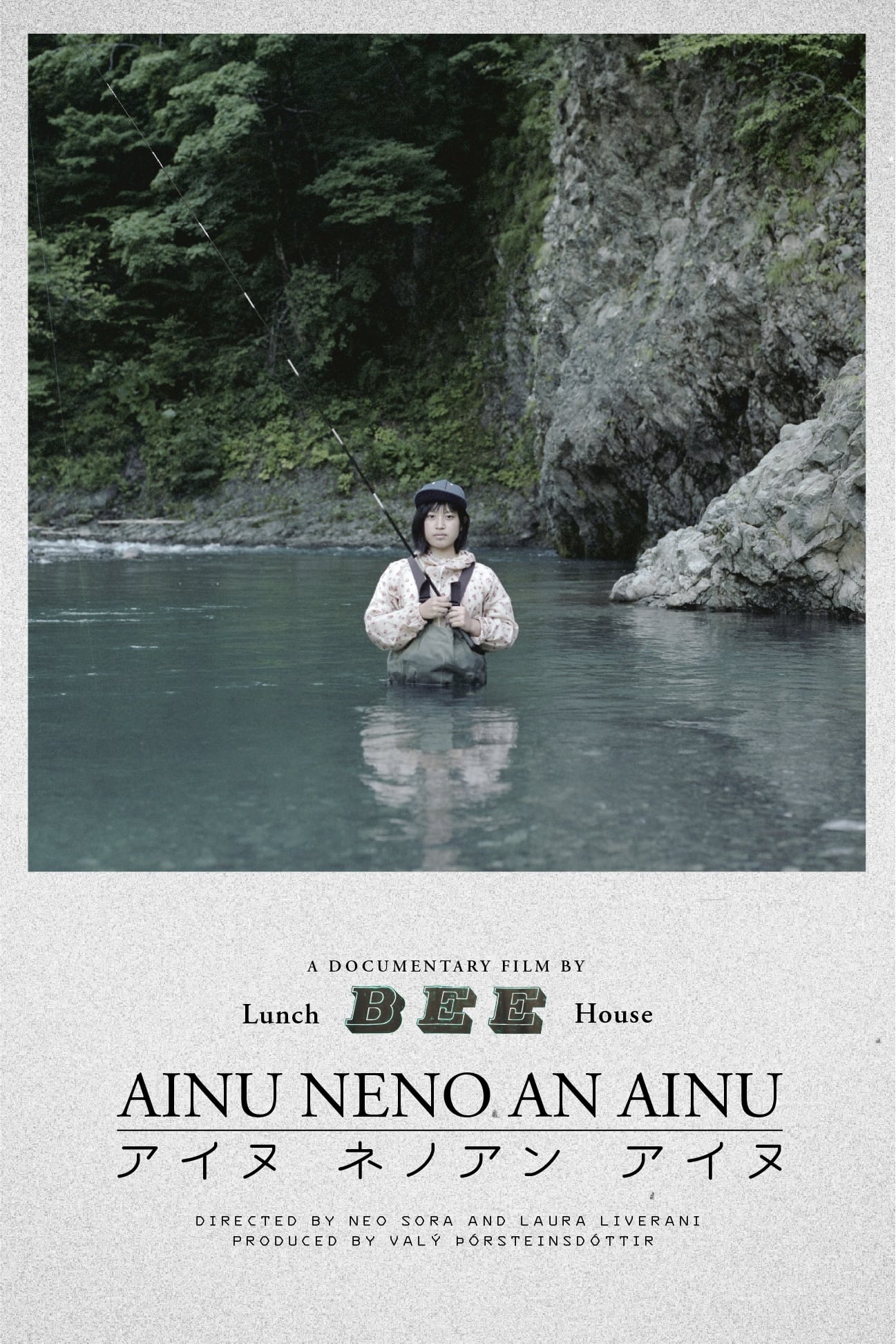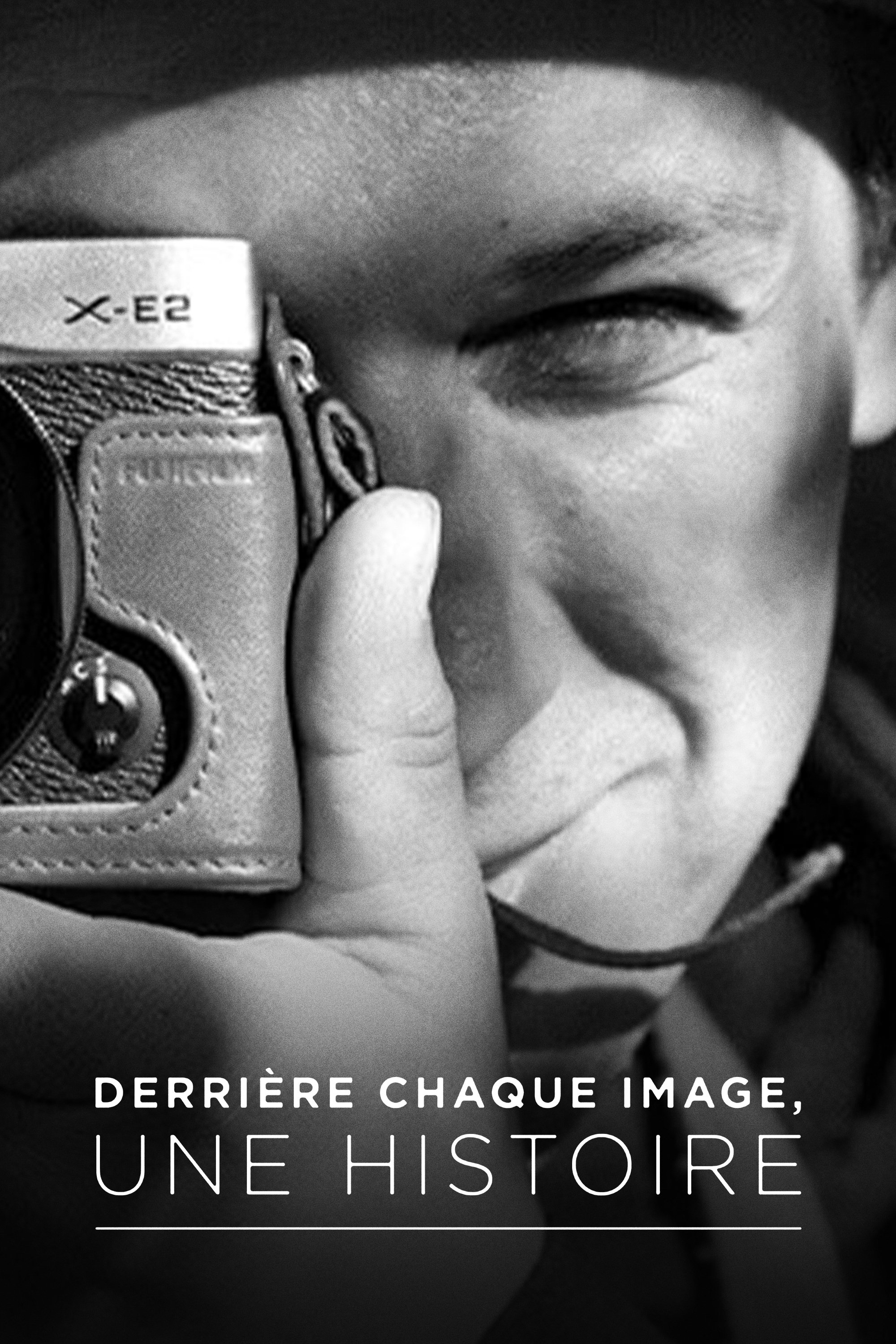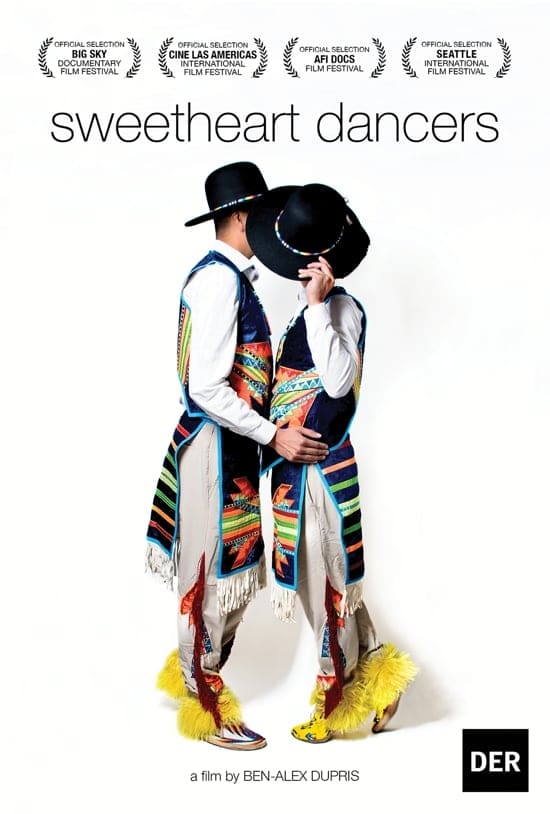Tambour traditionnel innu (innu teueikan)
Watch Movie
Share
Tambour traditionnel innu (innu teueikan)
2005
00.0(0 votes)
Documentary
Overview
Links & Resources
Social & External
Production Companies
Cast & Crew
1 member
Acting
Jean-Baptiste Bellefleur
Unknown Role
No Image
Similar Movies
Recommended Movies

No Recommendations Yet
We're working on finding the perfect movies for you. Check back soon!
More movies coming soon

